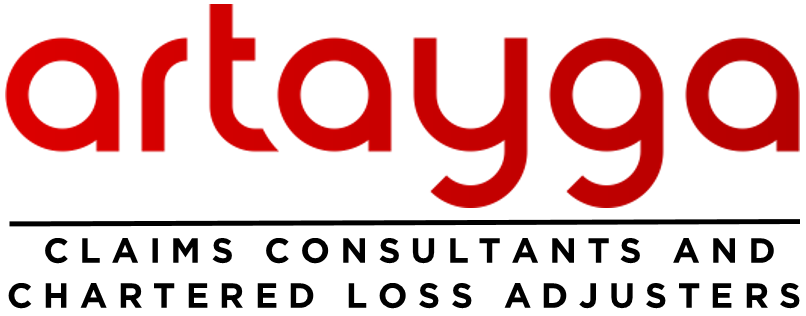Property Owners Guide
What happens Next?
Property owner claims are usually treated depending on the type of property it is. Typically, a commercial property that comprises offices, warehouse or factories are treated similarly to a ‘Commercial claim’ and dwellings such as flats/apartments and houses are treated similarly to ‘Household claims’.
Either way, it is frustratingly complicated with so many different companies being involved to represent Insurer’s best interest. And in most cases, managing insurance claims isn’t the typical expertise of a Landlord who are usually busy with their own schedules.
The below guide is a reference to how your claim is usually progressed but please remember that it is a guide and the industry is constantly moving and innovating (whether rightly or wrongly) so things may vary from the below.
Reporting your claim
Most policies are sold via a Broker so naturally, you should contact your Broker in the first instance. They are likely to ask you to do either of the following:-
Request specific details about your claim over the phone.
Provide you a claim form to complete.
Ask you to contact Insurers directly.
Usually, policies covering domestic properties can be purchased directly from Insurers in which case, you need to refer to the policy wording to establish how to report a claim.
It is ideal to get a Claims Consultant involved prior to reporting your claim but at the same time, you do not want to delay notification to your Insurer. If you haven’t decided to appoint someone yet, you should go ahead and notify Insurers. You have an obligation to do so under the policy
The claim is usually reported to a notification team at a call centre and it is then directed to someone more appropriate to manage your claim. This will usually be one of the following:-
Desk based claims handler based at Insurers office.
This is usually for low value claims (typically less than £5,000). It can sometimes be a dedicated handler to your claim or a team of handlers dedicated to your type of claim.
A Loss Adjusting firm.
There are numerous Loss Adjusting firms but claims will usually go to the bigger firms such as Crawford & Company and Sedgwick. There are also a wide number of boutique Adjusting firms out there.
Some Insurers have their own directly employed Loss Adjusters or Claims Specialists
Restoration Contractors
Usually appointed after fire or flood damage. These contractors try their best to restore and salvage parts of the building that have been affected.
Building Contractors
Some Insurers appoint Building contractors for relatively low value and low complexity repairs.
Building Surveyors
This can confuse Policyholders as to what role they play. They are usually appointed to project manage building repairs but not necessarily your claim which can lead to confusion.
Having your claim accepted
Insurers will want chapter and verse on exactly what has happened that’s given rise to a claim. This can be over the phone (over and above what was provided when the claim was notified) or in most cases, a visit from a Loss Adjuster or a Claims Specialist. Where there has been a fire, a Forensic Investigator is usually also appointed to pinpoint the exact cause of a fire and to establish whether there has been any breaches. All of the individuals above will conduct a detailed interview to establish whether your claim is covered.
Having your own Consultant appointed at this stage is critical as our role would be to ensure a qualified expert is on your side. We would insist on being at any meeting with Insurers or their representatives and our aim would be to put together a case to ensure your claim is covered. With so many experts already involved, it becomes difficult (not impossible) for Consultants like ourselves to come in after all site investigations and interviews have already taken place.
Negotiation of your claim
It isn’t easy to negotiate a buildings claim and usually Insurers will want you to appoint their own preferred supplier. Whilst this isn’t always a bad thing, it usually leads to conflicts which needs to be carefully managed by your Claims Consultant.
Where there are errors in your policy, Insurers will usually seek to capitalise on them to reduce your claim. Sometimes they will look for breaches, conditions or clauses that can invalidate your or reduce the value of your claim. Again, a Claims Consultant will assist you in advance of these issues arising and fight your corner to ensure you get the maximum settlement you are entitled to under the policy.
In many cases, we find Policyholders don’t make a full recovery. We often come across repairs that are substandard or offers that are too low leaving the Landlord deeply out of pocket. Whilst Insurer’s representatives, particularly Loss Adjusters, claim to be ‘unbiased’ and should make you aware of your entitlements, the reality is that they are paid for by Insurers and will represent them in the first instance.
Whilst it is advantageous to have a Claims Consultant appointed at the start of your claim, it is never too late to appoint one later in the claims journey. We are happy to speak to you to discuss your options with you.
